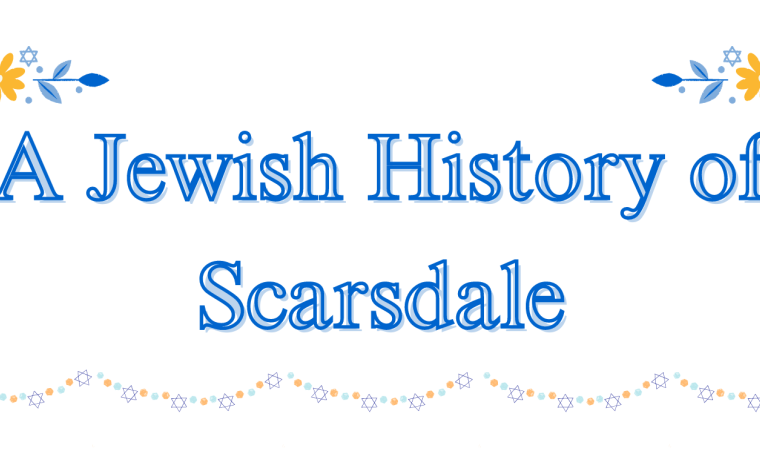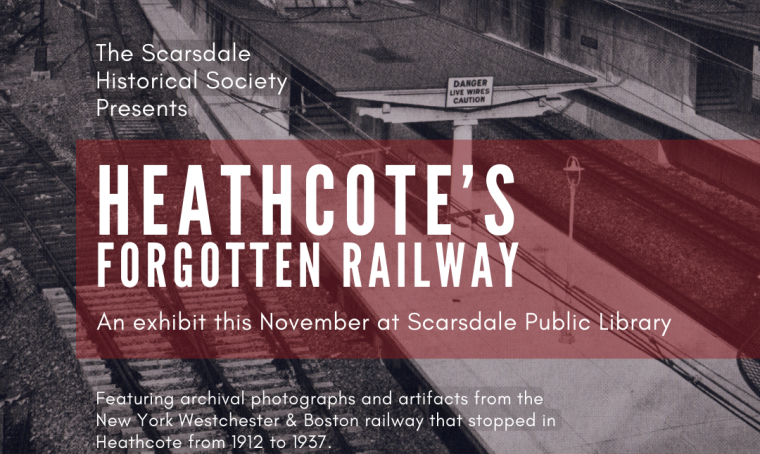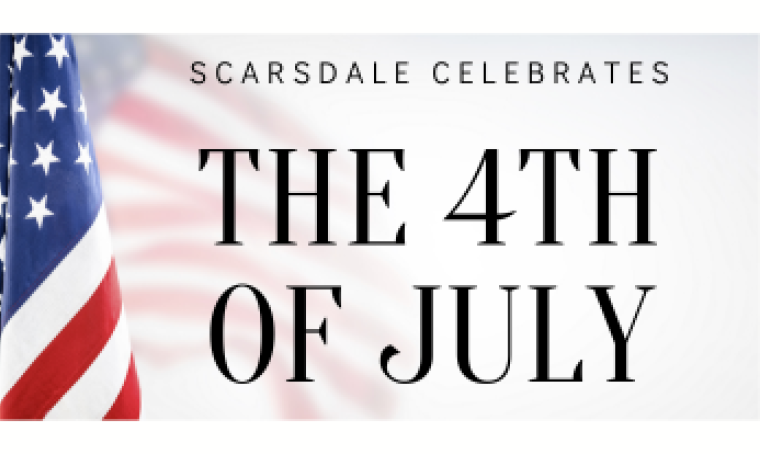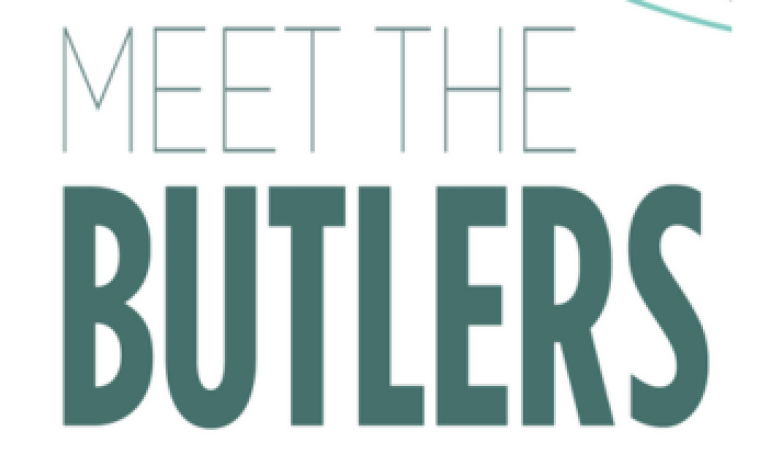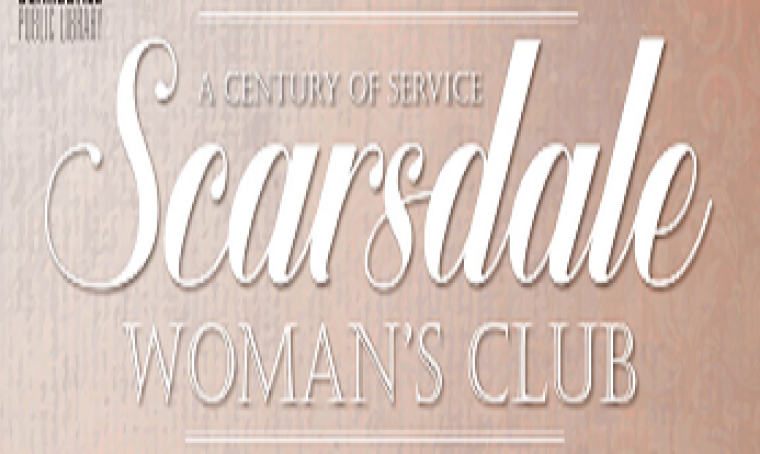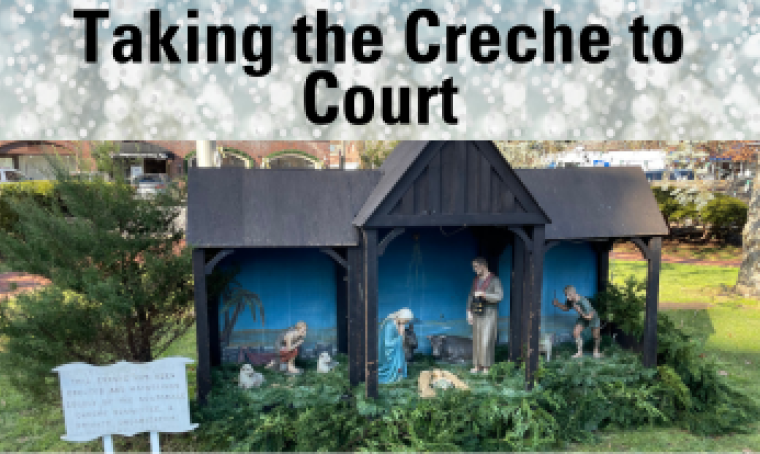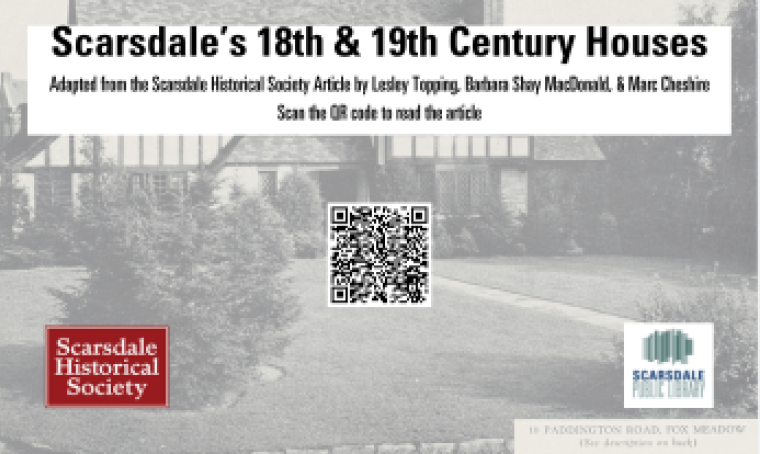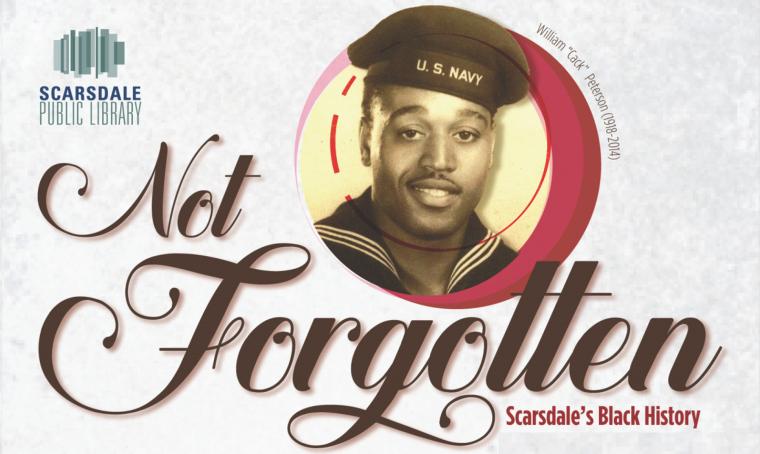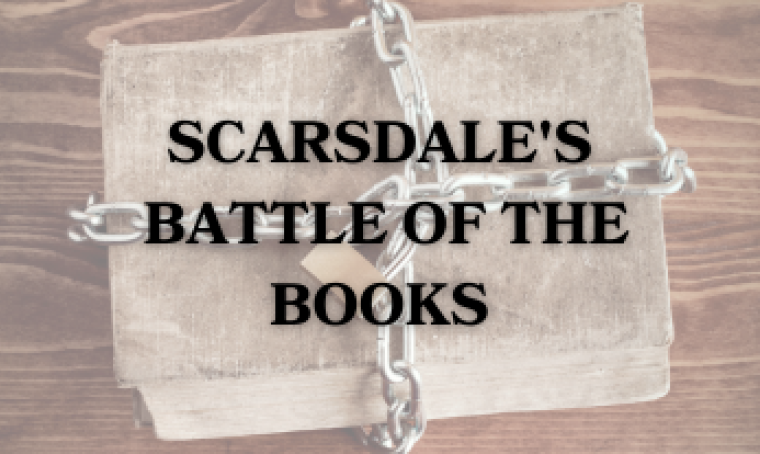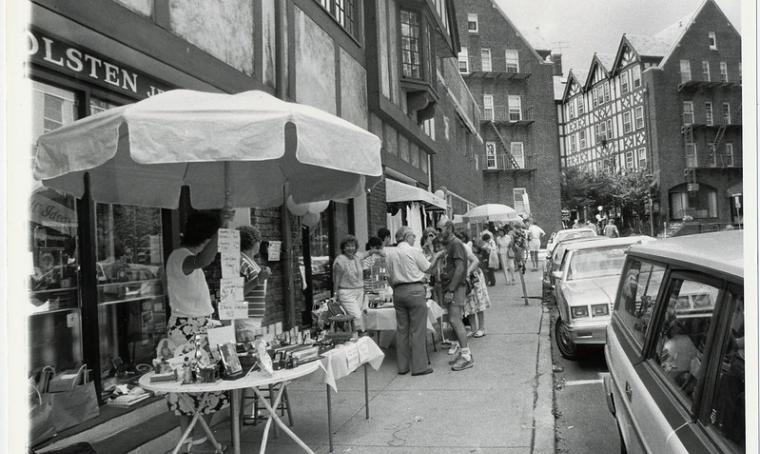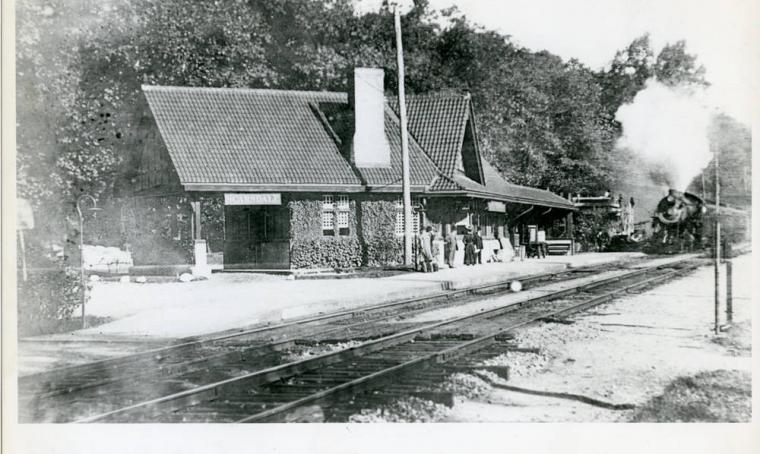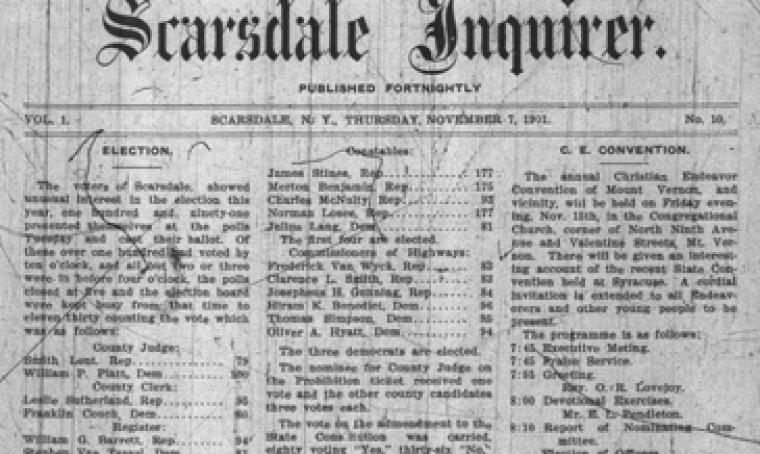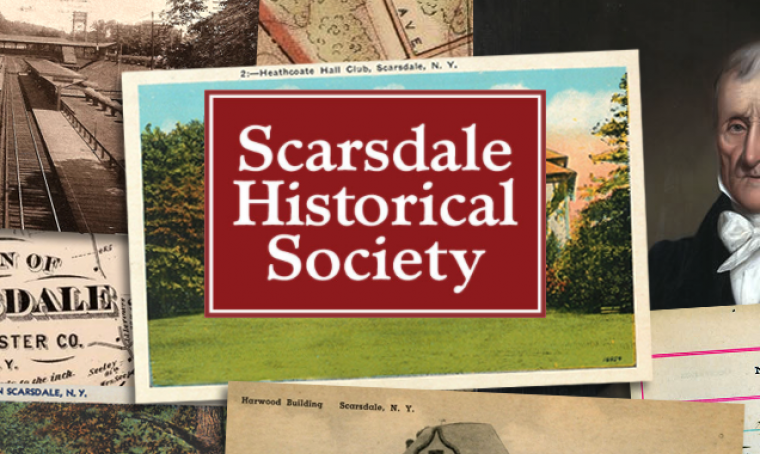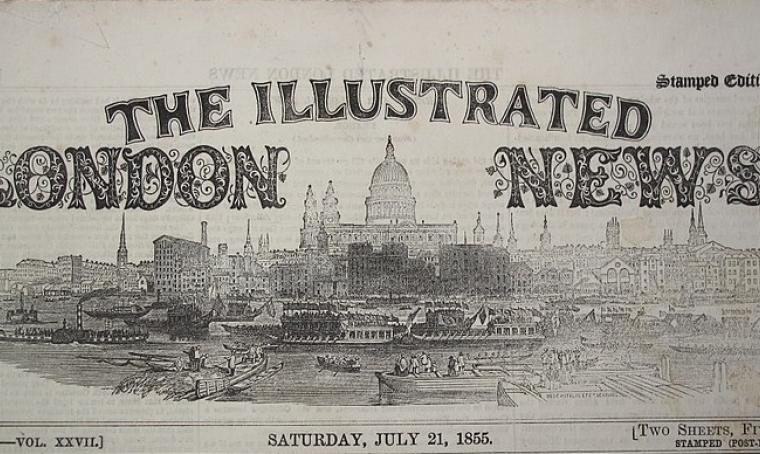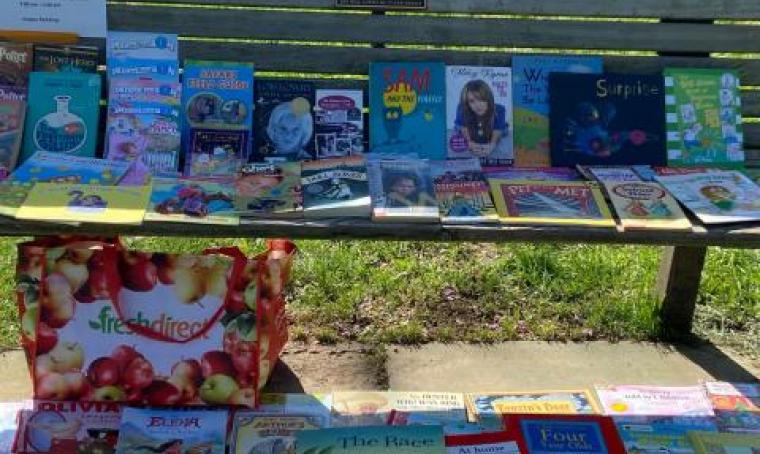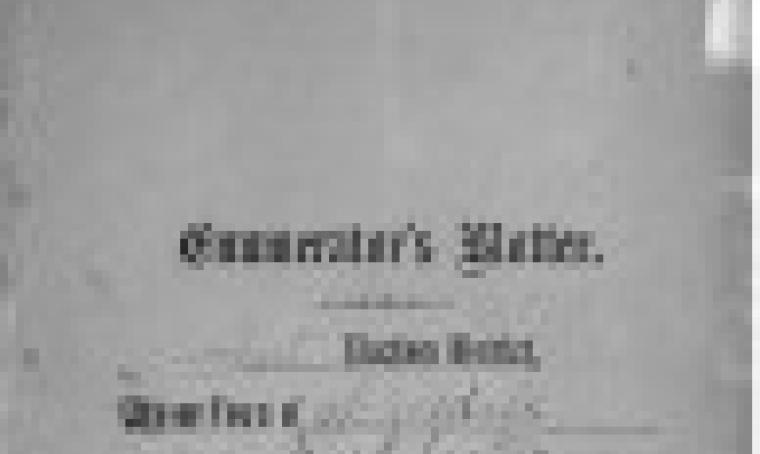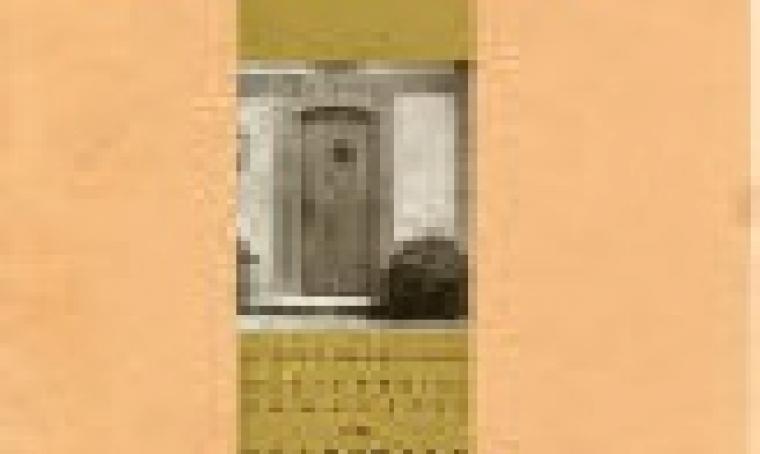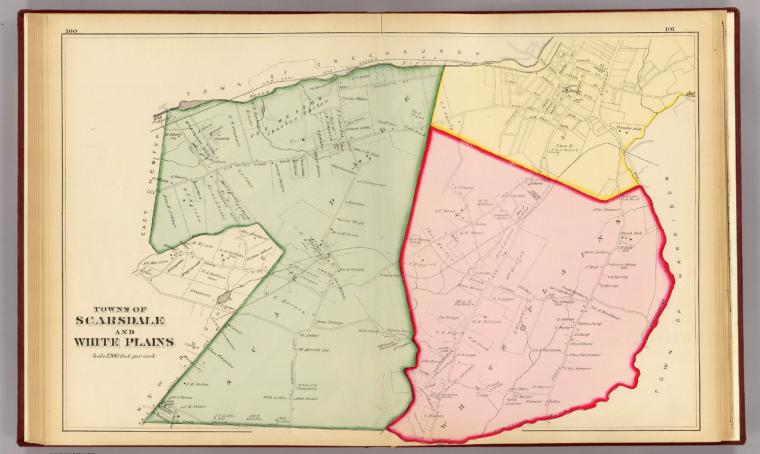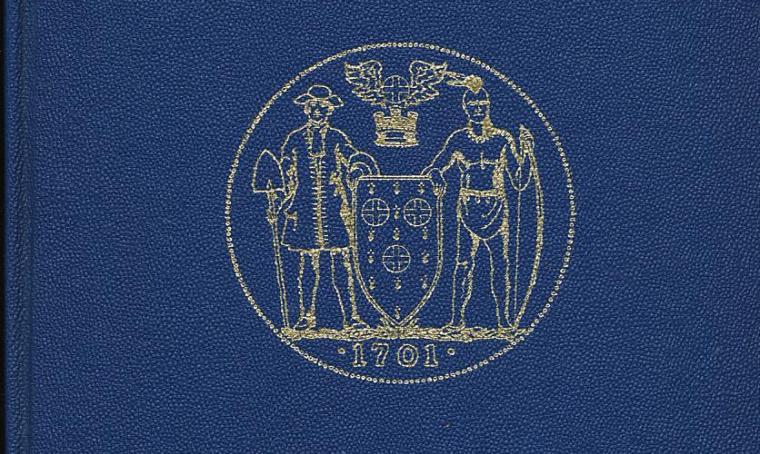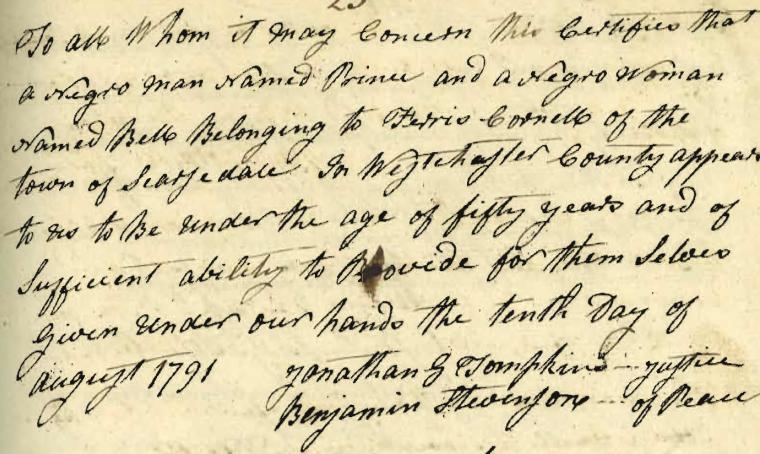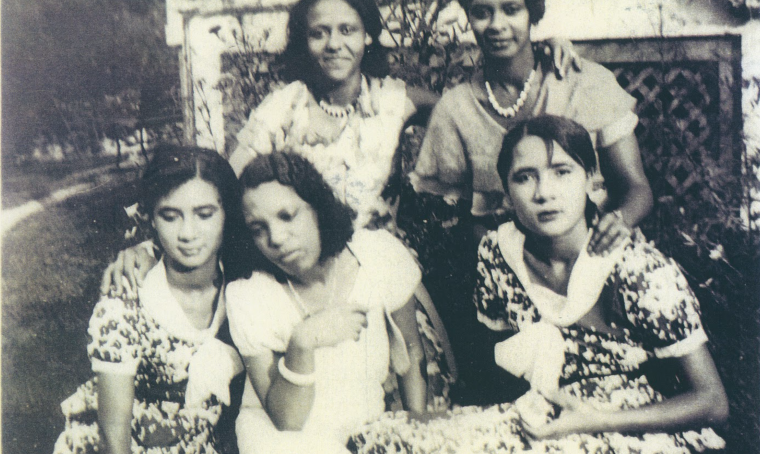
The Scarsdale Public Library is dedicated to preserving the rich history of Scarsdale and to making that history accessible to the community. With the support of the Scarsdale Historical Society we have digitized the local paper, The Scarsdale Inquirer, from its first issues in 1901 through 1977. Most issues after 1977 are available to view on microfilm at the library. There are searchable indexes available: 1980-1988, 1989-1999, 2000-2005, 2006-2010, 2011-2015. The microfilm reader is available for drop-in use while we are open. If you will need extensive help using the reader, call (914) 358-6060 or email dglauber@scarsdalelibrary.org to make an appointment. We have also digitized much of our collection of photographs, which are accessible on our local history page. We keep subject files containing documents related to the history of Scarsdale which can be accessed by appointment. For a list of local history resources available at the library, click here. Please contact Local History Librarian Dan Glauber with any questions at dglauber@scarsdalelibrary.org.
Slavery and Wayside Cottage
As America comes to grips with the full scale of slavery in its history, we are learning that Scarsdale is implicated too. As part of this reckoning, the Junior League of Central Westchester (JLCW), Dennis Culliton of Witness Stones Project, genealogist and historian Teresa Vega and faculty and students from Scarsdale High School pooled their resources and their passion for social justice to begin uncovering one of the untold stories of Wayside Cottage in Scarsdale. They discovered that Cottage owner Thomas Hadden enslaved Rose Heady and the seven children she had by Hadden. He freed them upon his death in 1761 —they were the first known freed Black family of Westchester County—and left them resources to become a foundational family in the County, and beyond. Many generations later, their descendants, including Vega, have carried on their legacy. A ceremony was held on Friday, June 7, 2024, as part of dedicating eight Witness Stones at the Cottage in memory of Rose and her children, Elenor, Jacob, Dennes, Amos, Robert, Frances and Lazarus, and to honor the pivotal role they played.
Local History Exhibits
Resources
Digitized photographs from our local history collection hosted on Flickr.
A collection of digitized images and documents from our local history resources.
The Scarsdale Library and the Scarsdale Historical Society have joined forces to digitize the Library’s collection of the Scarsdale Inquirer. Digitization began with issues from 1901 and runs through 1977. The digitized collection is full text and fully searchable. Issues after 1977 are available on microfilm at the library. There are searchable indexes available: 1980-1988, 1989-1999, 2000-2005, 2006-2010, 2011-2015. Please call (914) 722-1300 to make an appointment to view the microfilm.
Dedicated to discovering, preserving and disseminating the rich history of Scarsdale and our neighboring communities.
This collection of over 600 historical newspapers was donated by Joan and Robert Berlin. Ranging in coverage from the Revolutionary period to the end of the 19th century, the papers are mostly from the Northeast, but the collection also includes newspapers from around the country. The coverage of the Civil War period is especially rich, and has been used for school projects at the Scarsdale High School. The Berlin Collection is housed at the Scarsdale Library and is available for viewing by appointment only. Email dglauber@scarsdalelibrary.org.
In 2020 the world experienced a global pandemic. The Novel Coronavirus, or Covid-19, has had profound effects on the everyday life of people around the world. The purpose of the Scarsdale Library Covid-19 Memory Project is to document how Covid-19 has affected the everyday lives of Scarsdale residents.
This Enumerator's Blotter lists all residents of the 1st Election District in the Town of Scarsdale from 1892.
This is a catalog of houses in the Berkley area of Scarsdale. The catalog was produced by the Crane-Berkley Corporation circa 1935 to advertise their development of this area. It is 16 pages with a brown and gold cover. Crane-Berkley is located in the northwestern section of Scarsdale. Today Berkley is spelled Berkeley on most maps.
Located in the Quiet Reading Room / Local History Room at the Library, these maps range from the 1700s all the way to the 1990s. They are kept in two separate cabinets divided between Scarsdale maps and Westchester maps. Click here to see an index of the available maps. Digitized maps are available from the David Rumsey Map Collection.
"Scarsdale Story: A Heritage History" by Helen Lorraine Hultz tracks the history of Scarsdale through a detailed examination of deeds, wills, mortgages, and other primary sources. Helen compiled the information in this book of over a thousand pages over many years as a side project while working as an elementary school teacher in Scarsdale. The entire volume is now full-text searchable as a PDF!
Scarsdale Town Minutes, 1787 to 1864, is a book of handwritten minutes from the Town of Scarsdale, which touches upon topics from the mundane election of officers to the laws about hogs, to records of slaves born to residents.
This presentation on the history of Black people in Scarsdale by local Historian Jordan Copeland was presented to the Scarsdale Middle School PTA in December of 2021.
